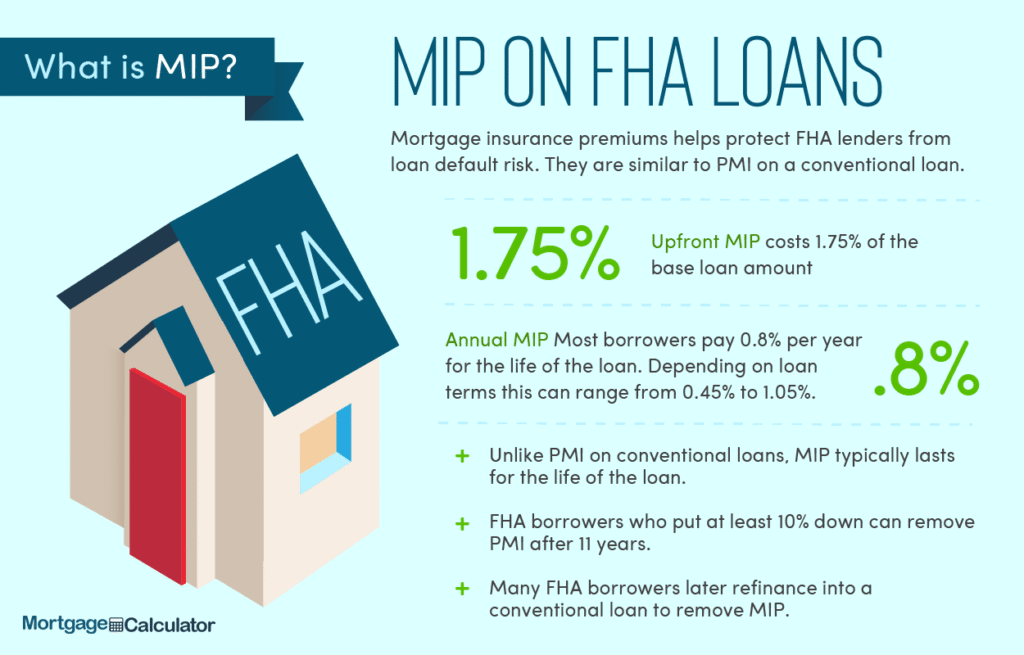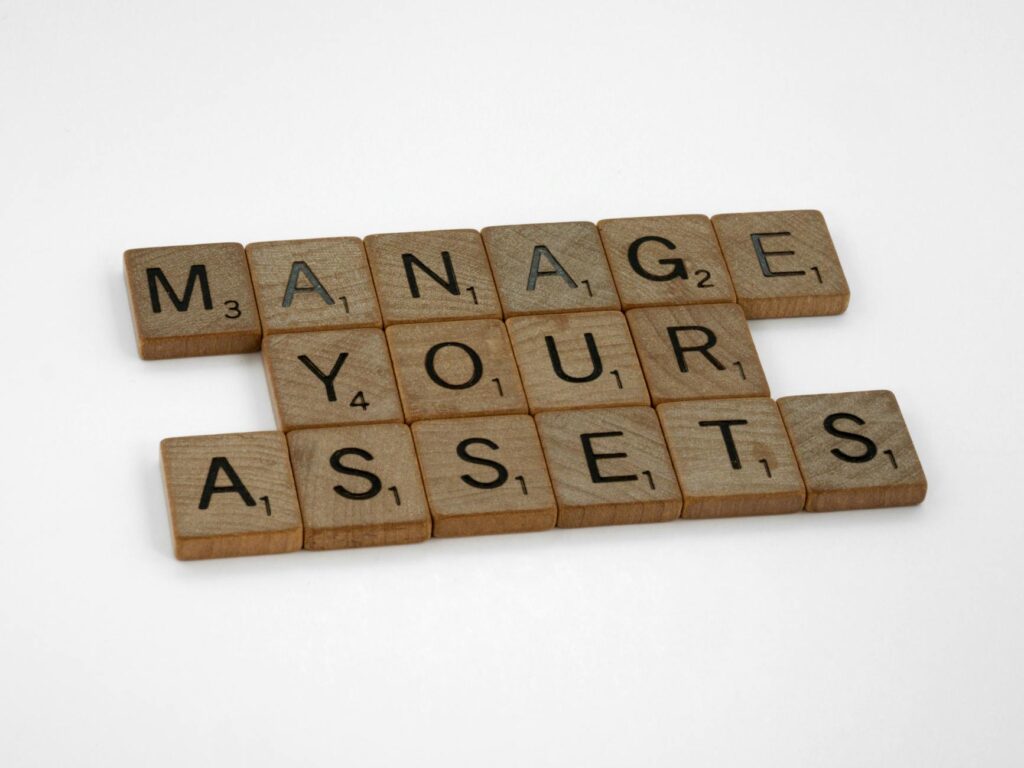Introduction
Debt can feel overwhelming, but there’s a solution that can simplify your financial life: a debt consolidation loan. This type of loan allows you to combine multiple debts—like credit cards, medical bills, and personal loans—into a single, manageable monthly payment. Let’s explore how a debt consolidation loan can help you regain control of your finances.
How Debt Consolidation Works
Debt consolidation works by taking out a new loan with a lower interest rate than your existing debts. You then use the funds from this new loan to pay off your old debts. This leaves you with one monthly payment to track, making budgeting easier and potentially saving you money on interest.
Types of Debt Consolidation Loans
Several types of loans can be used for debt consolidation, including personal loans, balance transfer credit cards, and home equity loans. The best option for you will depend on your credit score, the amount of debt you need to consolidate, and your financial goals. You can learn more about the specifics of each loan type by checking out our article on different types of debt consolidation options.
Benefits of Debt Consolidation
The advantages of consolidating debt include simplified repayment, lower interest rates (potentially), improved credit score (with responsible use), and reduced stress.  By streamlining your payments and potentially lowering your interest rate, you’ll free up money for other financial priorities, such as saving or investing.
By streamlining your payments and potentially lowering your interest rate, you’ll free up money for other financial priorities, such as saving or investing.
Potential Drawbacks
While debt consolidation offers many benefits, it’s crucial to consider the potential drawbacks. These can include extending the repayment period (meaning you might end up paying more interest overall if your interest rate isn’t significantly reduced), the risk of incurring further debt if you don’t manage your spending, and fees associated with the loan itself. It is advisable to consult with a financial advisor before making any decisions. Check out this great resource on responsible debt management.
Choosing the Right Loan
Selecting the right consolidation loan involves comparing interest rates, fees, and repayment terms from multiple lenders. Consider your credit score and explore options like secured vs. unsecured loans to determine the best fit for your situation. [IMAGE_2_HERE] Don’t hesitate to use online comparison tools to shop around for the best deals.
Managing Your Debt After Consolidation
Once you’ve consolidated your debt, responsible financial management is crucial. Create a budget to track your income and expenses, and ensure you consistently make your monthly payments on time. This will help you avoid late payment fees and protect your credit score. Learning more about building good credit can also be extremely helpful.
Conclusion
Debt consolidation can be a powerful tool for simplifying your finances and reducing your debt burden. However, careful planning and understanding of the process are essential for success. By weighing the pros and cons and choosing the right loan, you can pave the way towards a healthier financial future. [IMAGE_3_HERE]
Frequently Asked Questions
What is the average interest rate for a debt consolidation loan? The average interest rate varies based on your credit score and the lender. It’s best to shop around and compare offers from different lenders to find the lowest rate.
How long does it take to get approved for a debt consolidation loan? The approval process typically takes a few days to a couple of weeks, depending on the lender and the complexity of your application. Some lenders offer quicker approvals, and providing all required documents promptly will streamline the process.
Can I consolidate all types of debt? Generally, yes, but there might be exceptions. Most lenders allow consolidation of credit card debt, medical bills, and personal loans, but some may not accept certain types of debt, such as student loans or tax liens. It’s best to check with the lender regarding the specific debts they accept. For more information, visit this external resource on debt consolidation eligibility.
What happens if I miss a payment on my debt consolidation loan? Missing a payment can negatively impact your credit score and may result in late fees. Consistent and timely payments are essential to maintain a good credit standing. If you anticipate trouble making a payment, contact your lender immediately to explore possible solutions.
What are the best resources for finding the right debt consolidation loan? Several online resources help you compare lenders and interest rates, as well as providing valuable educational information on debt management. It’s always best to check out independent and government sources before making decisions. You can find great information on reputable financial websites.


